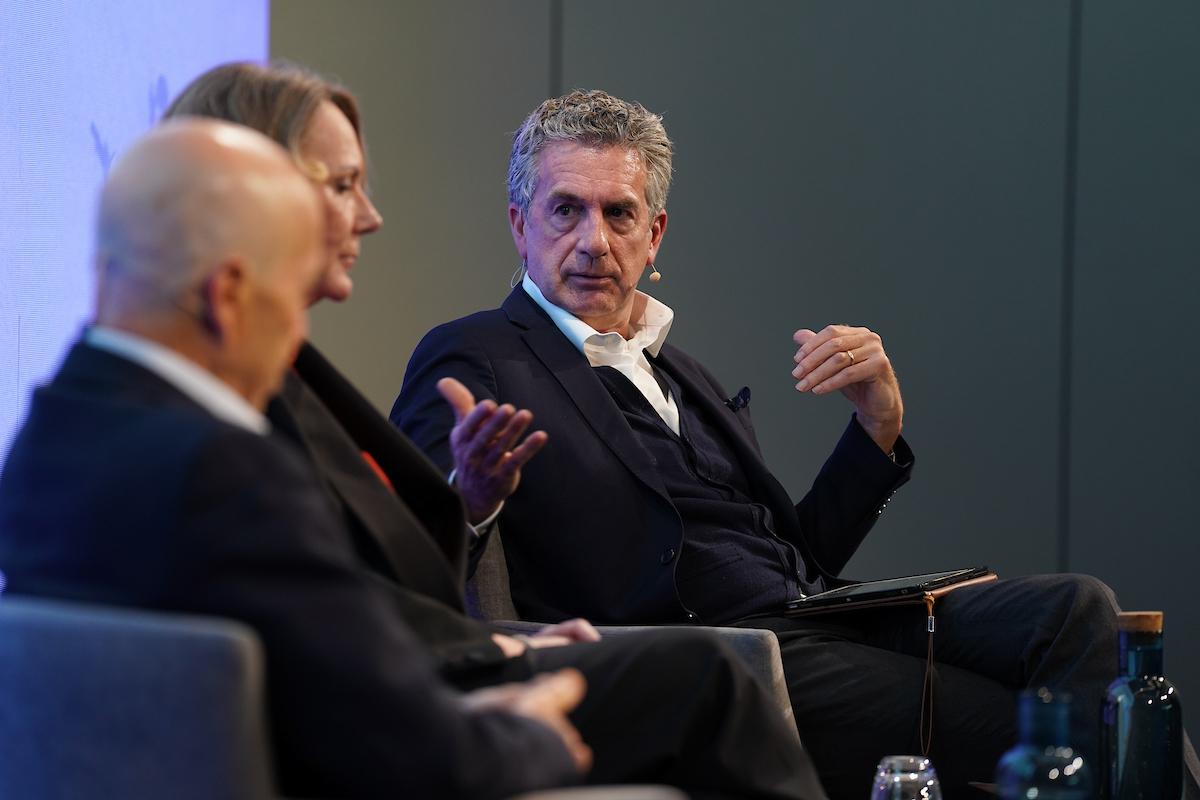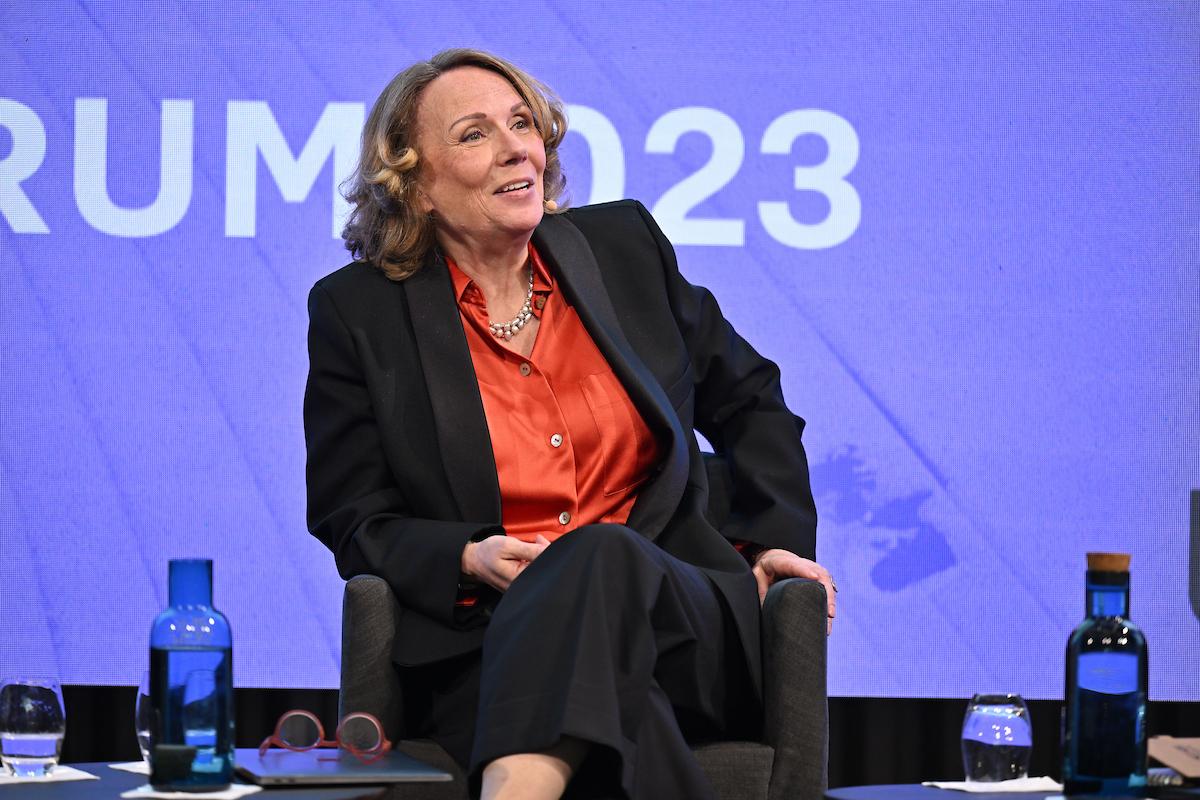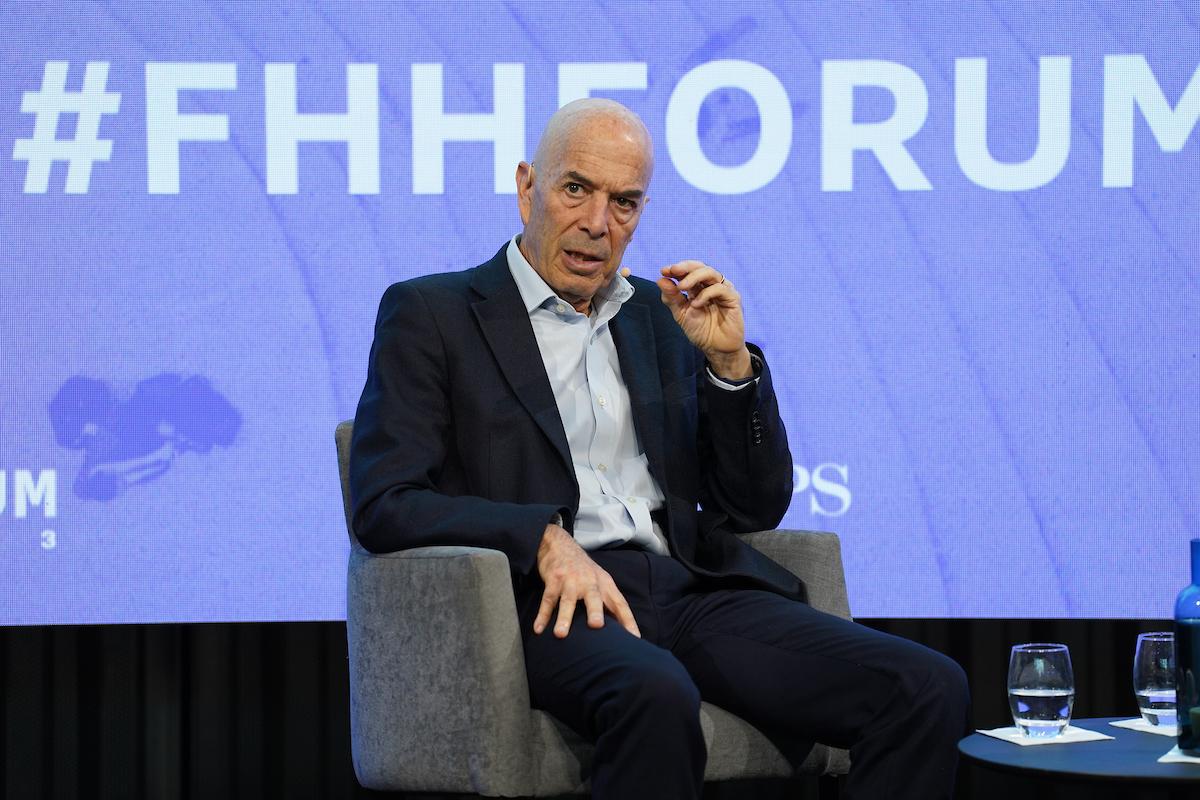Even in the face of challenges that the most recent Conferences of the Parties (COP) seemed to struggle with, Ian Goldin remains optimistic. “Asia's economic boom is not going to go away,” he explained. “It is true that political bodies always struggle to face up to the reality of climate change, which coastal towns and cities understand all too well. Even if a temperature rise of over 3 °C by the end of the century seems unimaginable, with what we are already experiencing today, we can draw inspiration from positive measures taken after the Second World War, particularly those used to turn Germany around. Churchill expressed this at the time, declaring that he would never send his children to war if the world didn't change. It is now up to us to work towards change and to choose leaders who are able to make it happen.”
The world of tomorrow. The world of tomorrow. The world of tomorrow. The world of tomorrow. The world of tomorrow
macro trends and perspectives. macro trends and perspectives. macro trends and perspectives. macro trends and perspectives
Questions for the future
by FHH Editorial Team
Will it work in democratic regimes? According to Virginie Raisson, change will be even more difficult to achieve within political systems that require elections every four to six years. “When faced with these complex issues, which often require unpopular measures to be implemented, it isn't easy to prove their benefit for the population,” she argued. "Besides, we can clearly see that populism feeds off these tensions.” Could this wave of populism lead to another Trump presidency? That is one of the most worrying scenarios, according to Ian Goldin, as it could call into question the future of American democracy and undermine the fight against climate change. To Virginie Raisson, aside from these political considerations, one thing is obvious: in a world where consumption has become a way of life, the only way to solve today’s energy crisis is to go from a time of abundance to a time of sobriety!


